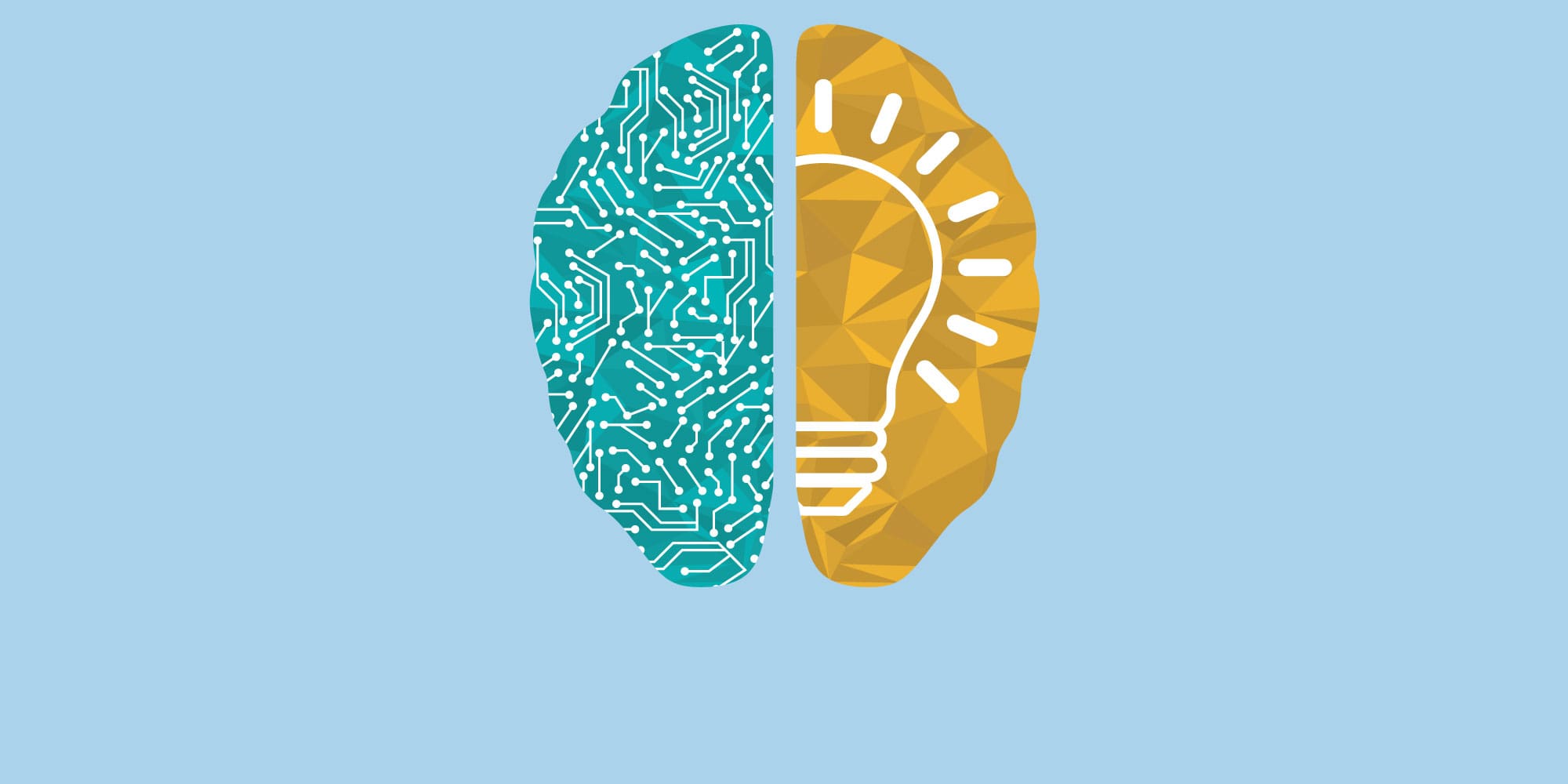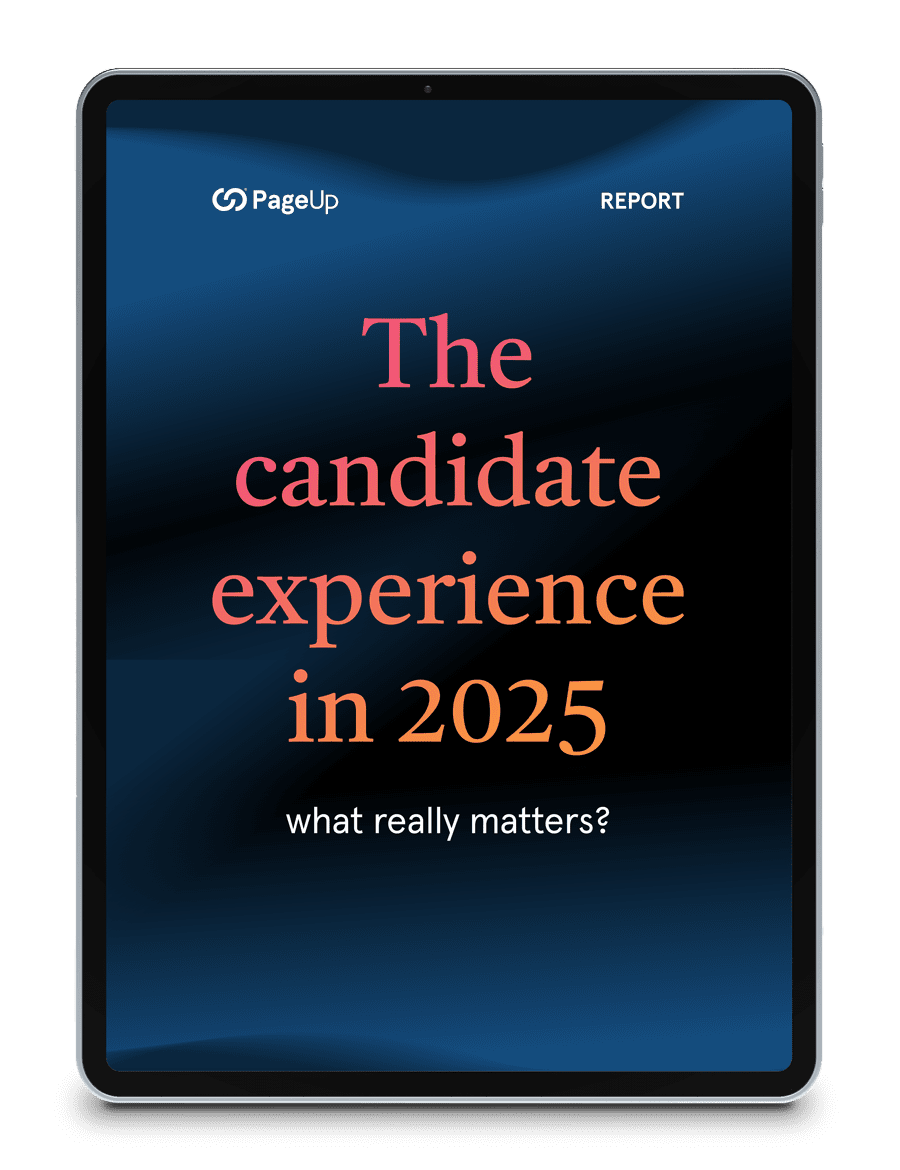 Every day, our brain is the scene of an immense tug-o-war between
Every day, our brain is the scene of an immense tug-o-war between
- our conscious mind, the prefrontal cortex, and
- our subconscious mind, the limbic system.
Sometimes, they work brilliantly together: our conscious perceptions and thoughts mapped neatly and agreeably against information stored in our subconscious, and all is well. Simple things, like you arrive at work, and everything is in its place – or at least where you left it. More complex things, like you need to generate new ideas to solve a sales challenge, and they just come to you easily.
Other times, the conscious and subconscious minds are at odds. You consciously know that expressing your frustration with a colleague is unlikely to have a constructive outcome – but you can’t help yourself! Or you’ve just made the same mistake again – and you don’t know why!
The prefrontal cortex is your weapon of choice when you need to consciously think about what you’re doing, tackle something new or analyse or interpret information. But as mentioned in the last post, the prefrontal cortex is small and limited in its daily capacity, and after a few hours of solid use, it just runs out. But there is a very powerful backup system that can step in anytime anywhere that will happily, reliably and – here’s the thing – subconciously, take over: enter the limbic system.
Your brain actually prefers the limbic system – it would really rather you didn’t consciously think so hard at all! The limbic system runs millions of neural maps that you’ve constructed throughout your life, that do the thinking for you. Your brain likes to limit the energy consumed, and the most efficient way to do that, is to turn the prefrontal cortex down and send in the super-efficient limbic system.
So the reality is, even though you think you’re thinking, most of the time you are actually drawing on pre-programmed responses to known situations. Thinking is a bit of an illusion. Don’t panic: the limbic system is pretty good at its job – but be aware. Your desire to just do what you’ve always done before rather than stop, consider and explore alternatives is your compelling limbic machinery powerfully pushing you to do rather than think – and that may not be the best result all of the time.
Visit the informative PageUp resource hub for further insights like these and to keep up to date with the latest HR research.
Fresh insights for HR
Stay up to date with HR trends, tips and more when you sign up for our industry newsletter





